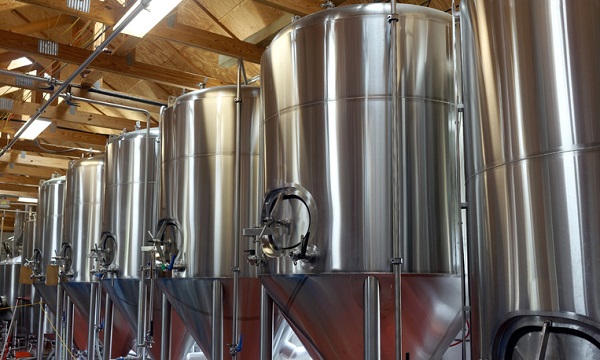
A little over a year before cannabis edibles and infused drinks became legal to sell in Canada, journalists reported that Coca-Cola was pursuing a way into the market. Despite a video—posted and deleted in December 2019—purportedly showing a coke can with a childproof lid, the company denies any interest in making cannabis-infused drinks currently.
On the other hand, there are many partnerships openly ready to stock licensed retailers with so-called drinkables. They include:
- Molson Coors and HEXO Group
- Constellations Brands, the makers of Corona Beer, and Canopy Growth Corp.
- Greenhouse Juice Co., a Toronto company and Canopy Rivers
Keep reading to learn more about the processes involved in cannabis-infused drinks.
Proprietary Processes
If you are interested in cannabis industry training, then you may also be interested in how cannabis drinks are made. Unfortunately, the precise processes involve proprietary information. Here are a few examples:
- Iconic Brewing is making a CBD-infused sparkling water using their “emulsion solution SōRSE™ Technology, which creates oil-based ingestible products, including beverages”
- Hill Street Beverage Co and Lexaria Bioscience Corp. are using something called “DeHydraTECH THC infusion technology
- Sweet Reason Beverage Co has a CBD-infused sparkling water with “CO2-extracted CBD”
- Province Brands plans to brew with cannabis plants the way barley would be brewed for beer

The infusion processes likely went through phases of research and development before production
As demonstrated above, businesses are developing a variety of methods to create cannabis-infused drinks. While the recipes might be behind closed doors, at least one group of journalists was permitted to visit a production facility for a preview of a few drinks, detailed next.
A Preview of Where Cannabis Training Could Lead You
There are many ways to use cannabis training to enter the industry and edibles along with drinkables now offer even more options. For example, one cannabis workplace could be the Tweed production facility, where CTV reporters were permitted to tour a few months ago. Here is a quick breakdown of what they saw:
- Four massive tanks: two for water and two for beverages to be infused with cannabis
- Cans being measured, filled, and topped with child-resistant lids
- A grow room called ‘the mom room’ because it is filled with female plants

Cannabis infusion is very different from brewing beer, but the facilities look similar
The beverages from Tweed will come in different flavours and a range of THC content from 2 mg to 10 mg per can. Before these drinks were allowed to be sold, licensed retailers had to give sixty days notice to Health Canada so the products could be reviewed.
Examples of Infusion Processes
In general, infusion refers to a process of soaking or steeping materials in liquid. If you have ever put a few slices of cucumber in a jug of water, you have made an infused drink. Quantities, infusion time, temperatures, and other aspects of the process will vary depending on the plant and the purpose. For example, some corresponding processes that are used for herbal products include the following:
- Decoction: boiling plant matter in water so that soluble constituents are absorbed into the water. This is often used for plants that require more heat to extract the flavour or properties.
- Tincture: plant matter is soaked in alcohol.

Which parts of the plant go into an infusion? You might have to do more digging to find out
For cannabis infusion the variables must be clearly established because the amount of CBD or THC is regulated and must be specified on packaging. Furthermore, those who are developing drinks must understand how CBD and THC will behave once extracted and consumed.
Interested in learning more about cannabis careers?
Visit the Academy of Applied Pharmaceutical Sciences today!



